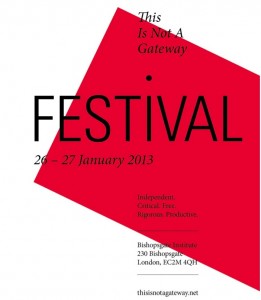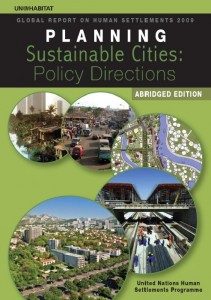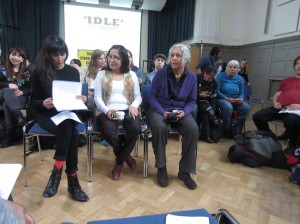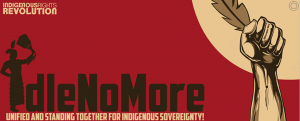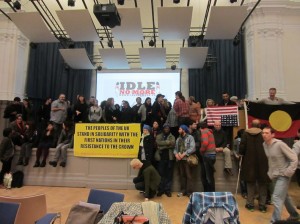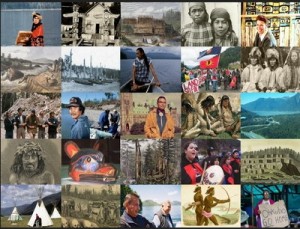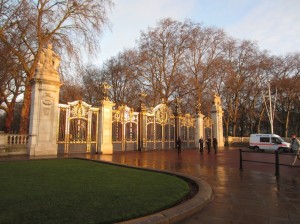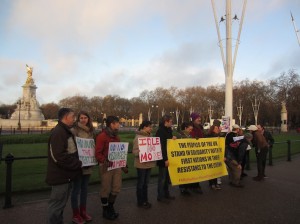OC 54: How Temporary is Temporary?
Pace of change
In our turbulent times, nothing seems predictable, nothing stable. So why should this state of uncertainty not permeate all aspects of everyday life? Here the focus is on how and where to live, among whom, for what purpose, and with what rights.
Legalities of space
What are the “legalities of space” was one of the themes of the fourth Tinag festival (26/27 January 2013, London).
<http://thisisnotagateway.squarespace.com/2013-programme/>.
This is a wide ranging issue, literally reaching over immense stretches of land claimed by first nations, to squatter settlements forming a staggering 32% (an estimate 1.06 billion population, UN Global Report 2009) of urban dwellers living in slums, a number constantly rising. Despite recurrent brutal slum clearance informal housing is here to stay, even in Europe.
Human rights
The debate on human rights will never end, and in particular what should be included among them. The perception of human rights and how they are ultimately rooted in democratic legislation changes over time along social change and political ideology. Deficient of the right to speak one’s mind socialist countries encompassed in human rights the right to education, work, health, a pension, housing. Whether there is a right to a roof over the head is among the contested human rights under capitalism.
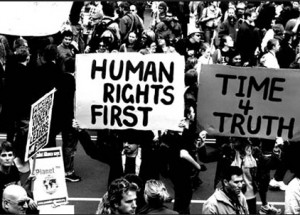
3_dia Human rights demonstration in Chicago
source: http://www.bocatics.org/mm/image/human_rights_first.jpg
This issue is intimately linked with property and land ownership rights. Clearly, the right to housing, access to land and security of tenure remain unresolved and debates about them will continue. A broad range of such rights issues have been addressed at the Tinag festival and two aspects are selected here at either end of the spectrum. They include the right to land and how to treat it among ‘first nations’, and the use of the public realm for protest and resistance.
IdleNoMore
At the Tinag festival, first nation activists from the Idle No More movement in Canada presented their plight reflected in the omnibus C45 Bill (the ‘Jobs and Growth Act 2012 from 14 December 2012) which they claim is contradicting the rights accorded to them in the Indian Act, Navigation Protection Act and Environmental Assessment Act. They fear that corporations will take over their land for the extraction of resources and especially shale gas mining by controversial ‘fracking’ to the detriment of their ways of life and the environment, and from which they would not benefit. They are proposing a private members bill (Bill C-469) to make Canada comply with the UN declaration on the rights of indigenous peoples <idlenomore.ca/>. They were supported by the UK movement against shale gas extraction
(e.g. www.foe.co.uk/resource/briefings/shale_gas.pdf). Predictably they are contested by the energy lobbies. CBC mainstream media opened a debate around 9 questions about Idlenomore which attracted over 500 responses.
http://www.cbc.ca/news/canada/story/2013/01/04/f-idlenomore-faq.html
Temporality of long term land rights
This example deals with very long term temporality, as the rights of the indigenous population to their land was taken away from them under colonisation. In Canada, these land rights were returned in a conditional and fragmented fashion at the creation of the Canadian state in a form of legacy by the outgoing British empirical powers. Similar appropriation of land and aboriginal rights took place in other colonial situations ranging from America to Australia. The IdleNoMore movement and its grievance about the long lasting temporality of indigenous rights imposed against the nature of human rights may appeal to them and thus extend the long term time dimension of this issue to a worldwide space issue.
Short term temporality of the right to the public realm
At the other end of the spectrum, the IdleNoMore movement resorted to very short term temporality for their protests. IdleNoMore was likened to the Occupy movement in its use of similar tactics of short nimble peaceful demonstrations disseminated immediately worldwide on social media. One such event took place against the backdrop of Buckingham Palace and Canada Gate, despite the ever increasing restrictions of the right to speak out in a democracy.

